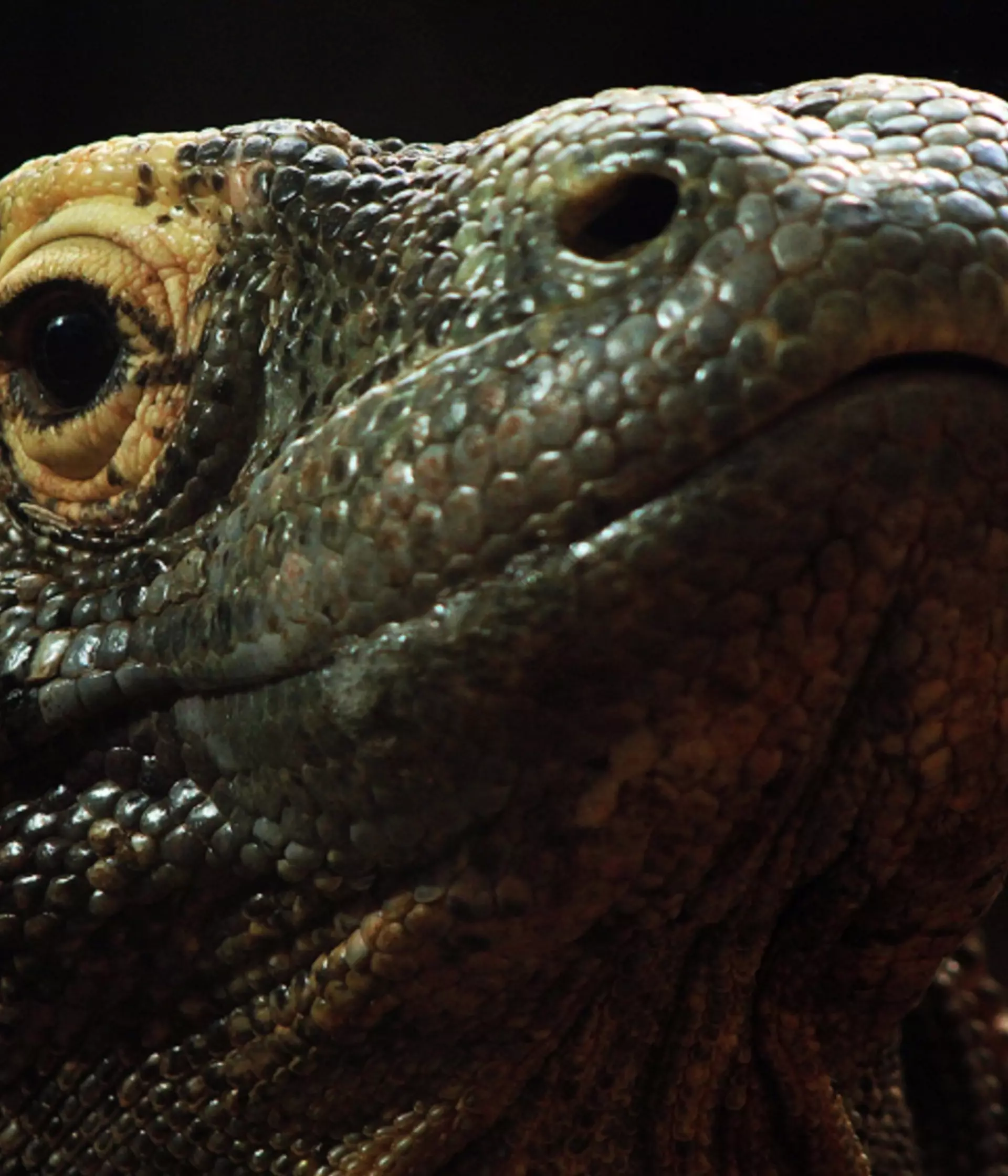Prof Nathalie Pettorelli
Professor, IOZ
Climate change and species
Climate change is a growing pressure on our planet and it’s impacting biodiversity across the world.
It’s vital that we understand climate change effects for animals and ecosystems and how we can help them adapt.
So, we’ve collaborated with partner organisations using cutting-edge research to deepen our understanding and knowledge of the impacts of climate change on a range of species and ecosystems.
Together, we’ve generated data and insight needed to help work towards a healthier future for wildlife, people and the planet.
How have we developed understanding of climate change on species and ecosystems?
Development of assessment approaches has a long-standing history at the Institute of Zoology – from developing extinction risk assessments via IUCN Red List Criteria to sampled approaches for biodiversity assessments, we built not just the technical knowledge but vast collaborator networks to carry out assessments within the terrestrial, freshwater and marine environment.
We developed qualitative assessments of climate change vulnerability for international policy instruments such as the Convention on Migratory Species to assess climate change impacts for a selection of priority species which are on the transboundary move. We then built on this work to refine quantitative approaches and protocols.
We worked to improve protocols for climate change vulnerability assessments and to integrate various modelling and trait-based approaches to derive a holistic view of climate change threat.
How has our work helped with climate change effects for animals?
Our work has provided an insight into climate change vulnerability of a variety of ecosystems and species groups. We focussed our work on mangroves, freshwater crayfish (with collaborators at the University of Melbourne, Australia), reptiles, birds and mammals. Assessments of climate change vulnerability provide key information to support decision makers as they develop solutions to mitigate the impacts of climate change effects on biodiversity.
People involved
- Nathalie Pettorelli
Henry Hakkinen
Partners
IUCN
Cambridge University
Convention on Migratory Species
BTO
Urgent action to stop the devastation of critical species and habitats by helping people and wildlife live better together, is the only way to save the natural world we love and depend upon. That’s where ZSL comes in, and where you can play your part.
